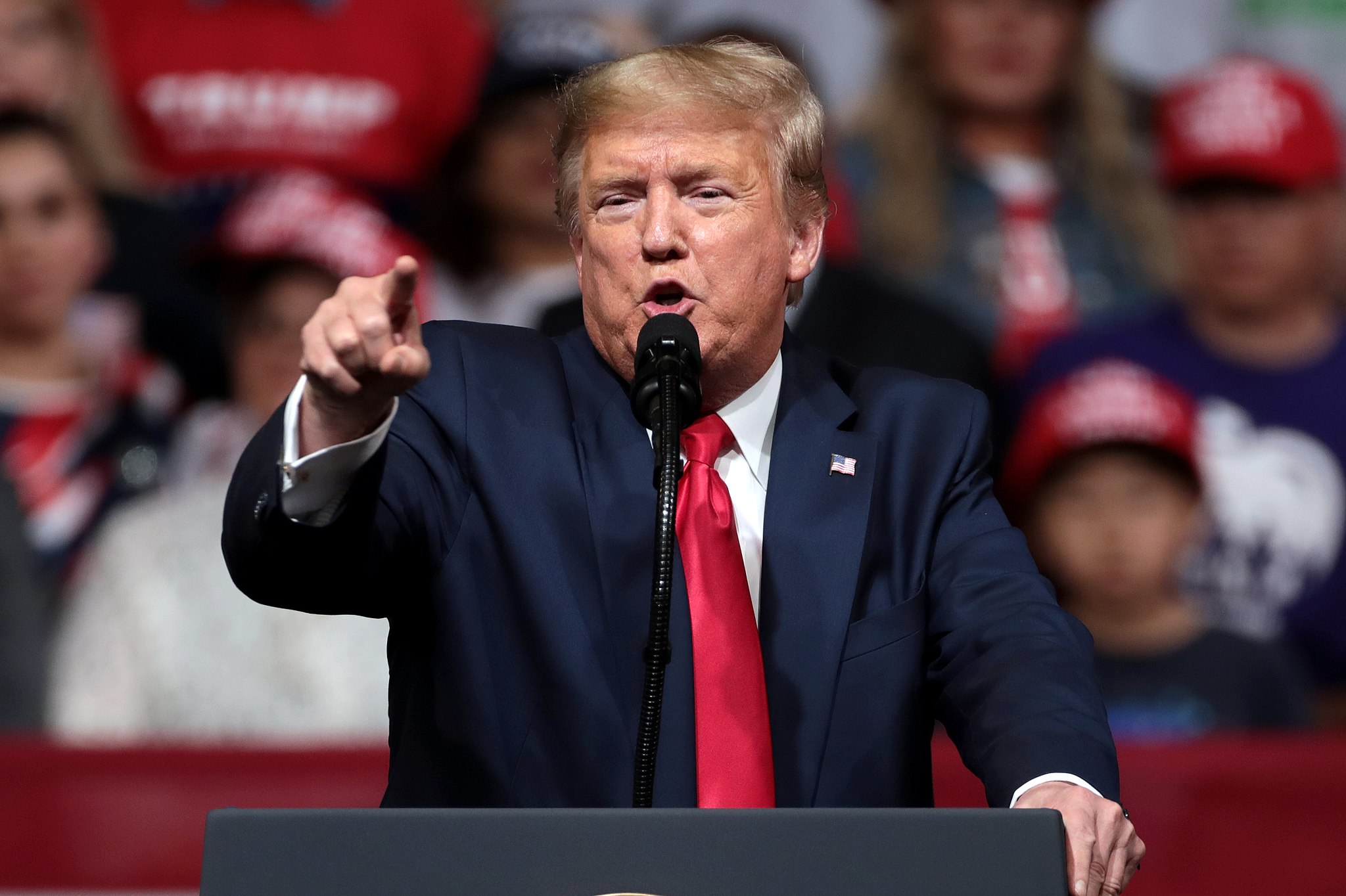These attacks on Trump must come to an end.
On Tuesday, a federal appeals court made a ruling regarding the 2020 federal election case involving former U.S. President Trump. The court, specifically the U.S. Court of Appeals – D.C. Circuit, deliberated on Trump’s assertion of presidential immunity concerning his actions during his time in office, notably his alleged involvement in attempting to overturn the results of the 2020 election. The court ultimately dismissed Trump’s argument, stating that they found it unconvincing, and consequently, they allowed the case against him to move forward.
In its ruling on Tuesday, the court articulated its consideration of former President Trump’s claim to executive immunity against the significant public interests advocating for the continuation of the prosecution.
The court reached the conclusion that the importance of holding individuals accountable for criminal actions, a concern shared by both the public and the Executive Branch, surpasses the potential negative effects of inhibiting presidential actions and allowing frivolous lawsuits to proceed.
The court is confronted with a legally untested question: whether former presidents can face prosecution for actions undertaken during their tenure in the White House once they have left office, particularly concerning duties related to their official responsibilities.
According to Steven Cheung, a spokesperson for the Trump campaign, speaking to Fox News, the outcome of this case will carry significant implications, not only for former President Trump but also for all subsequent presidents.
Cheung expressed concern about the potential repercussions, stating, “If immunity is not granted to a President, every future President who leaves office will be immediately indicted by the opposing party. Without complete immunity, a President of the United States would not be able to properly function!”
The Trump campaign spokesperson further commented, stating, “Deranged Jack Smith’s prosecution of President Trump for his Presidential, official acts is unconstitutional under the doctrine of Presidential Immunity and the Separation of Powers. Prosecuting a President for official acts violates the Constitution and threatens the bedrock of our Republic. President Trump respectfully disagrees with the DC Circuit’s decision and will appeal it in order to safeguard the Presidency and the Constitution.”
Special counsel Jack Smith brought forth the initial indictment against Trump on August 1, 2023.
In the case, Trump asserted two main arguments: first, that he was shielded by presidential immunity, and second, that the case breached the double jeopardy clause, given his impeachment by the U.S. House of Representatives for his purported involvement. However, he was ultimately acquitted when the U.S. Senate failed to convict him of the charge.
Trump’s legal team pursued four arguments in urging the court to reject the case, with the two defenses mentioned—presidential immunity and double jeopardy—as key components of their strategy.
In its ruling on Tuesday, the federal appeals court referenced Trump’s impeachment case but likewise dismissed his claims of immunity and double jeopardy.
The conclusion was drawn based on the prosecution’s argument regarding public policy concerns, particularly as illuminated by the nation’s history and governmental structure. These factors led to the rejection of Trump’s claim of immunity in this case, as articulated by the court.
Trump has a window of up to 90 days to file an appeal challenging the decision with the U.S. Supreme Court.
The trial date holds significant political implications, and Trump aims for any final decision to be postponed until after the November election. In the event of his victory over President Biden, Trump might attempt to leverage his authority as head of the executive branch to dismiss the case. Additionally, he could potentially pursue a pardon for himself, although such a scenario lacks historical precedent.
